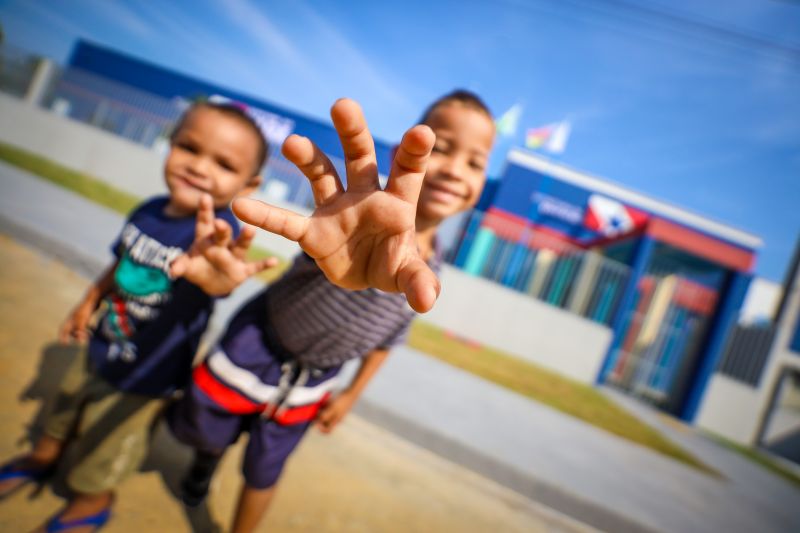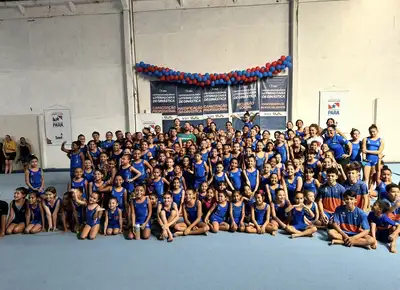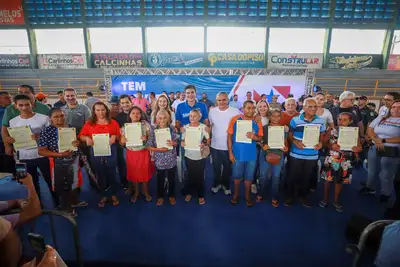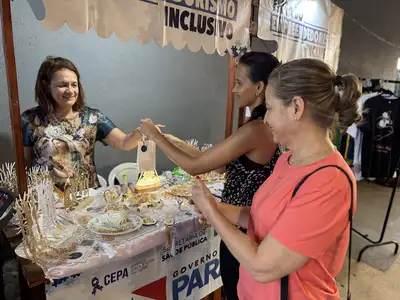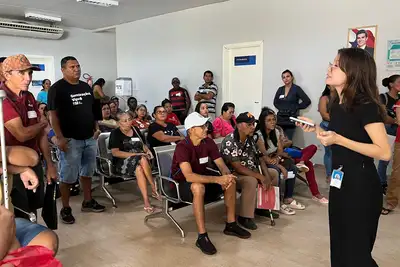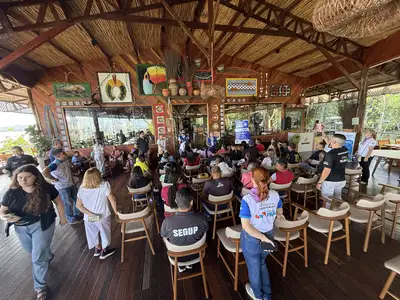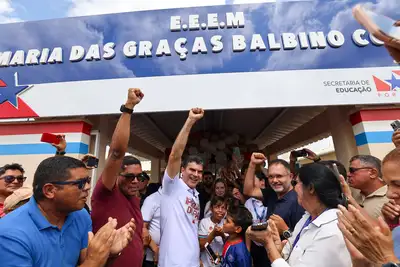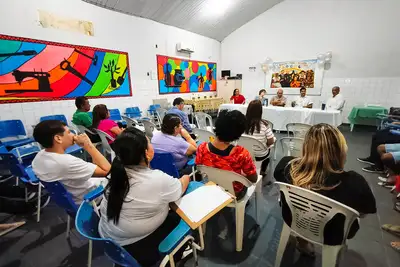Pará advances in the literacy of children in 2025 and improves reading fluency levels
The data is the result of the Reading Fluency Diagnostic Assessment, Entry Edition 2025, and shows progress in public education
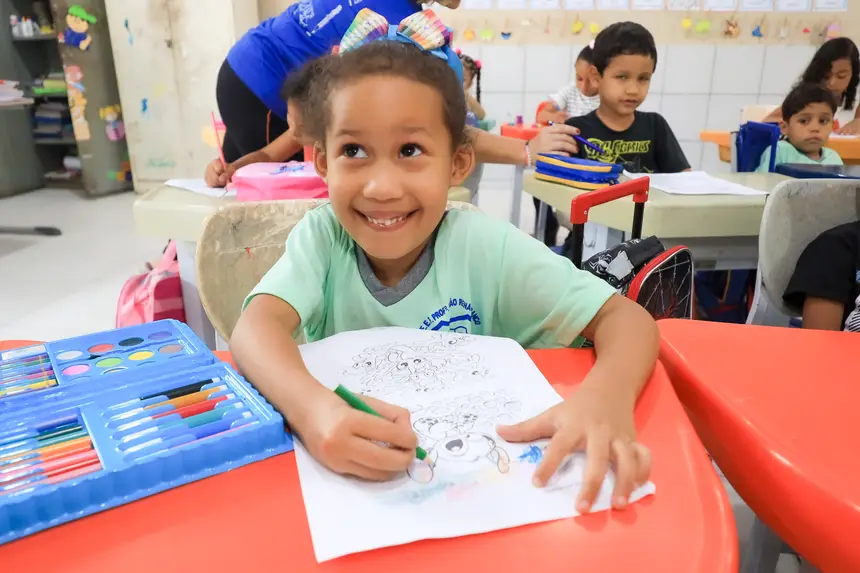
The public education system in Pará has significantly advanced at all levels of education, and these results are the fruits of investments made by the Government of Pará, through the State Department of Education (Seduc). This Friday (23), the state network announced the advances in the literacy of children at the right age: in 2025, 36.5% of students in the 2nd year of elementary school (initial years) already know how to read, and 40% are at level 4 pre-readers.
"It is undeniable that the trajectory of our children, their success begins with literacy. We have taken important steps, we have had a growing journey so far, and we need to continue like this. We showed the indicator, we saw how we have grown, but at the same time, we see how much challenge we still have for literacy. I want to emphasize that presenting the data clearly is a step; it is not a summative assessment because it will look at other competencies, other important indicators at the end of the year. We always need to look at it as a step, and what we are presenting today, each municipality should already be on the platform today to check individually how the situation of each child is, so that each school, each teacher can see how this result was," said the State Secretary of Education, Rossieli Soares.
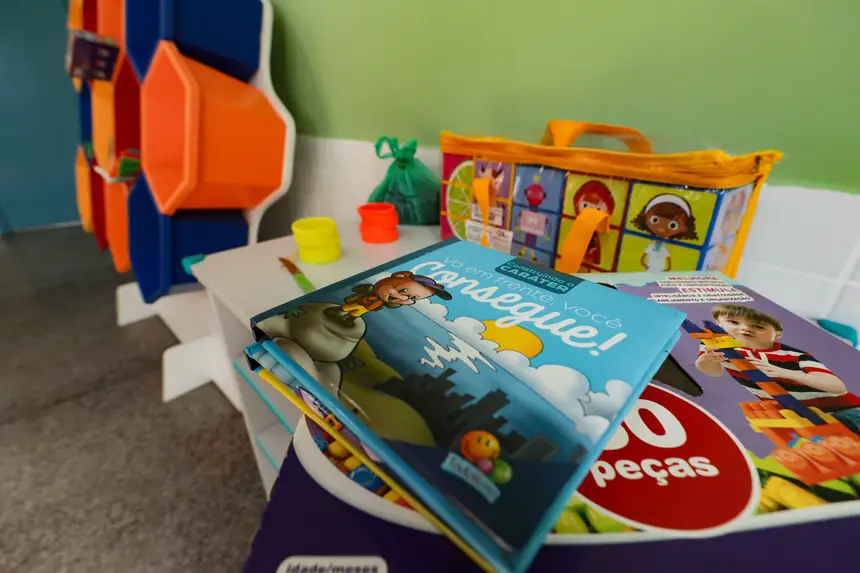
The data comes from the Reading Fluency Diagnostic Assessment, Entry Edition 2025, and shows an evolution in the indices at all levels of reading fluency in Pará, as in the state schools, the percentage of reading children increased from 34.8% to 36.5%, and the number of pre-reading children at level 4 rose from 25% to 40%, compared to the same period in 2024.
In the public network as a whole, there was a significant improvement in the number of children classified as level 4 pre-readers, with an increase from 26% to 47%, compared to the same period in 2024, reflecting a positive movement in the educational process.

"This is an assessment that we always do at the beginning of the year and at the end of the year for those students who are in the second year of elementary school. So this assessment applied at the beginning of the year has the main objective of diagnosing. All education networks that applied the assessment, which adhered to the Alfabetiza Pará program, have access to a data panel, where they can have information at the student level, that is, they can see how each student is doing within each class, within each school in their municipal network, and they can know if this child is a pre-reader at level 1, level 2, level 3, level 4, if they are already a beginner reader or if they are already a fluent reader. And with this, they can make a work plan, an action plan throughout the year, thinking about these interventions to promote literacy in a more targeted way to those students who need help the most," explains the coordinator of the Alfabetiza Pará Program, Gabriela Bonfim.
With 94.9%, the public education network had the highest participation rate ever recorded in the assessment, surpassing all previous editions. One of the highlights of this edition was the implementation of 100% automated correction by Artificial Intelligence (AI). "We had an incredible participation, a very beautiful mobilization made by the municipalities, by all our state schools, by the teams of Alfabetiza Pará, from the Municipal Secretariats, I congratulate them for this process and obviously we are talking about a very significant advance," emphasized Secretary Rossieli Soares.
Now, with the results in hand, the 143 municipalities in Pará that adhered to the Alfabetiza Pará program must mobilize to face the challenges of literacy during the year 2025 and raise the levels. "The data is already available, and everyone has to access the results of their network, study the numbers, analyze the indicators, and based on that, make an intervention plan to promote the literacy of children, because our main goal is for the student to finish the second year of elementary school literate; they do not need to start the year literate, they need to finish the year literate," emphasizes Gabriela Bonfim.
Commitment - In addition to investments in the construction and reconstruction of schools, daycare centers, and the implementation of programs to value students and teachers, the State strengthens public education throughout the territory with initiatives such as the Alfabetiza Pará Program, which, in a collaborative regime, assists the municipalities of Pará in the development of students in the initial years during the literacy period.
The Alfabetiza Pará was launched in January 2023 by Seduc and, as part of the actions, the program conducts reading and writing fluency assessments in the municipalities that adhered to the initiative and continuously distributes teaching materials to the municipal networks that are part of the initiative, in addition to offering continuous training and conducting periodic assessments.
"Our goal with the implementation of the axes of Alfabetiza Pará is not limited to mastering the reading and writing skills provided by the National Common Curricular Base (BNCC), but, above all, to ensure that these skills at this initial point of the school trajectory solidify all the school learning of the following years, in all areas of knowledge. With an eye on the future of our students in Pará, in a collaborative regime with the municipalities, we are combating possible learning gaps, age-grade distortions, loss of interest in school, dropout, and reinforcing inequalities and educational and socioeconomic exclusions," highlighted Carla Reis, director of Early Childhood Education and Elementary Education and also coordinator of Alfabetiza Pará.
Data - To access the data from the reading fluency assessments, municipalities need a password to access the panel, which must be requested from the State Coordination of Assessments (Cav/Seduc) by email cav@seduc.pa.gov.br containing the following information: full name, email, CPF, date of birth, phone contact, municipality. In case of doubts, contact through (91) 3131-0780.
More information can be obtained at the following access links: Consolidated data panel, PARC platform with student-level data, Guidelines for Pedagogical Routiness, and the Pedagogical Routines - May/2025.


